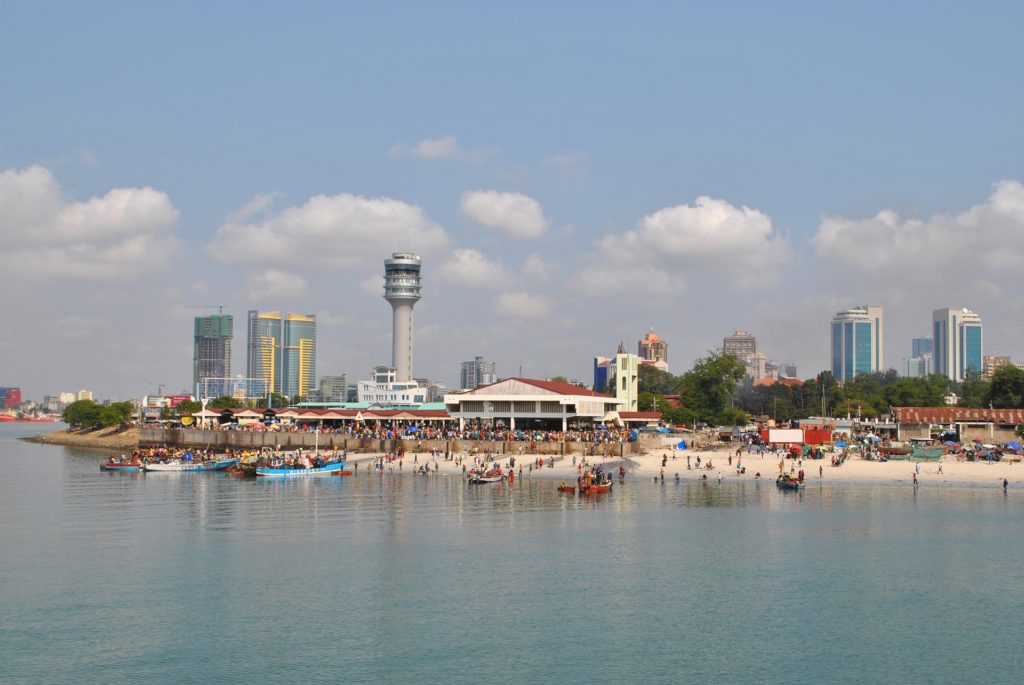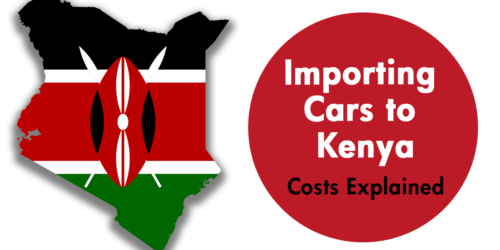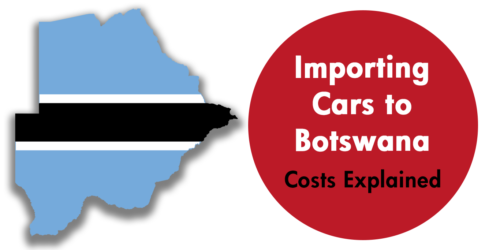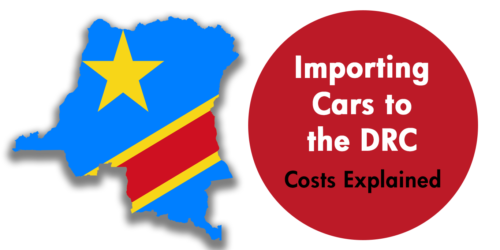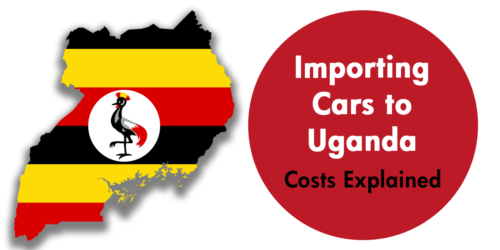Tanzania Car Import Guide: Taxes, Duties and Regulations
Although importing a Japanese used car to Tanzania may seem daunting, when you take time to research the type of car and the taxes and regulations imposed you will discover that it is relatively straightforward.
Here we give an overview of the taxes, duties, and regulations for importing a car to Tanzania to get you started.
Required Inspections
The process of importing your ideal vehicle as per the law of Tanzania is quite simple. Regardless of the vehicle type, it must pass through road-worthiness inspection. When the vehicle is roadworthy, the officials who inspected it will issue a certificate. When you use a reputable importing agency, it will provide the inspection service before shipping the vehicle.
If you are considering importing a car to Tanzania from Japan, it must undergo a JAAI inspection (Japan Auto Appraisal Institute), a non-profit organisation that is supervised by the Japanese Government. This inspection is applicable for people who import used vehicles from Japan.
In case the vehicle fails to pass the inspection, the seller must perform repairs before they can import it to Tanzania. If the individual imports a car that does not have the inspection certificate, the owner or importer must pay the penalty.
Taxes for Importing to Tanzania
There are Tanzanian tax regulations that an imported vehicle and owner must adhere to. In most cases, the price of the car includes the inspection fee as well as the handling fees. Import duties depend on the type and engine capacity of the vehicle that you want to import to Tanzania.
For example, for any vehicle whose engine capacity is 2000cc, it is entitled to an import duty of 25% and 20% VAT. This adds up to the dutiable value of 50%. A car with an engine capacity of more than 2000cc falls under the import duty of 25%, 20% VAT, and 10% excise duty. The dutiable value of this car accumulates to 65%.
If you are importing a passenger van, pickup, lorry or bus, you will pay 15% import duty, and 20% VAT. This accumulates to 32% dutiable value. In addition, the tax regulations depend on the age of the car. For instance, if you are importing a car to Tanzania that is 10 years old or more, you are entitled to higher taxes than those that are 10 years and below.
| Vehicle Type | Import Duty | VAT | Dutiable Value |
| < 2000cc | 25% | 20% | 50% |
| > 2000cc | 25% | 20% | 65% |
| Van / Pickup / Lorry / Bus | 15% | 20% | 32% |
Maximum Age for Imported Cars
How old should the Japanese used car that you want to import be? Tanzanian law states that people cannot import vehicles that are 10 years old or more. In some cases vehicles older than this can also be imported, but at a penalty of 20%. Apart from the inspection and vehicle year, it is essential to understand the local taxes of Tanzania before importing a vehicle.
Depending on the policies of the government, the local tax regulations change with time. Therefore, it is necessary that you contact the local authority to gather the most up-to-date information before you import a car.
In addition to the duties and taxes imposed on imported cars from Japan, you will also need to take clearance possibly forwarding fees into consideration once your vehicle reaches the Port of Mombasa.
Reputable Japanese used car exporters such as BE FORWARD offer all-in-one packages and local offices in various locations around Tanzania that can assist with clearing and forwarding, saving you the headache of figuring it out for yourself.


